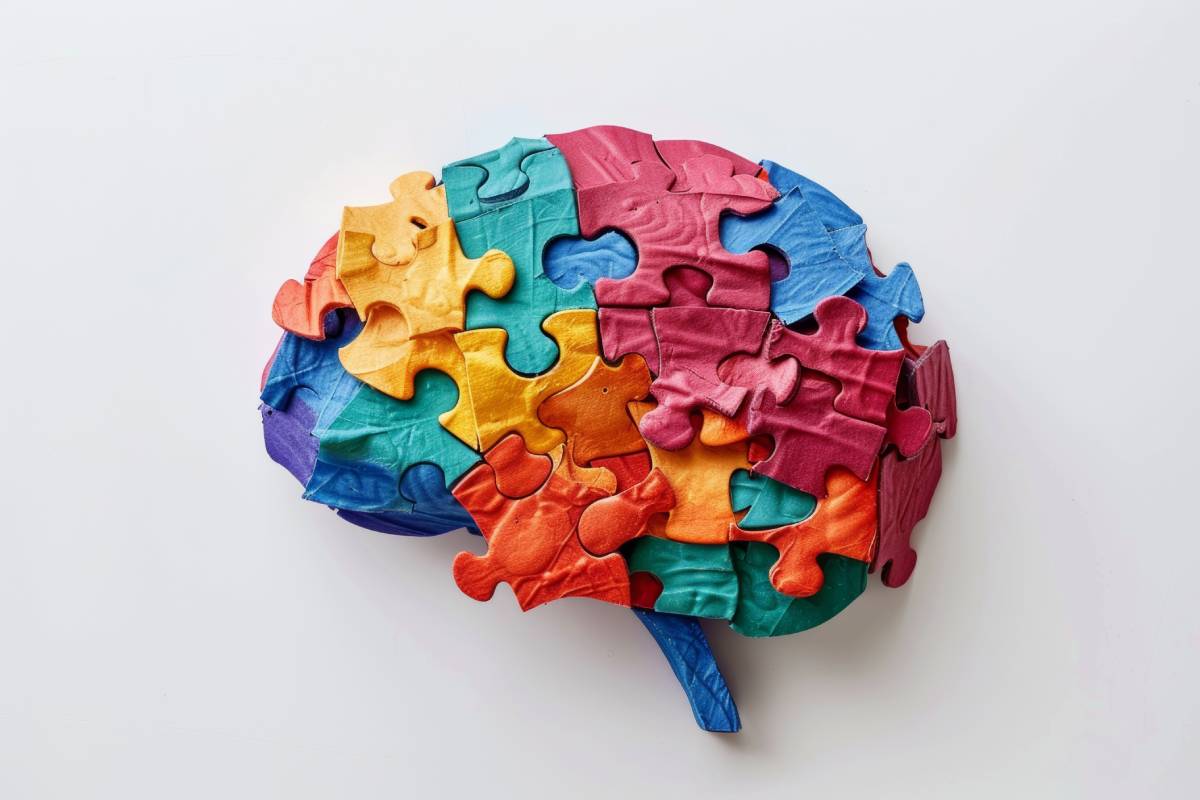As a teacher, no doubt you will always want to improve how your students retain information.
Developing a better understanding of memory techniques can be helpful so you can plan ways to help your students improve their memory for learning.
Read our handy guide for valuable tips and information.
1: Improve Attention Span
We all face an overload of notifications. Our time and focus are becoming increasingly precious, so it’s essential to understand the nuances of our attention span in different contexts. Essentially, we tailor our focus based on our surroundings and familiarity with them.
Here are three essential strategies:
- Minimise distractions: Take brief breaks to maintain mental clarity.
- Engage actively: Utilise practical exercises to interact with the material.
- Regularly revisit content: Frequent reviews reinforce memory retention.
Implementing these techniques can significantly boost your knowledge retention and overall productivity.
2: Organising Memory
Just like clothes in your wardrobe, memories can be lost if they are not easy to access.
Decluttering your memory involves three things:
- Regular reorganisation of knowledge.
- Breaking information into smaller chunks.
- Using metaphors as a way of making information more familiar.
3: Learn the Difference Between Short-Term and Long-Term Memory
Have you ever thought about why some memories come to mind quickly while others seem elusive? It all relates to how our brains handle and access information. Here are three key points to consider:
- Short-term memory relies on focused, immediate attention.
- Long-term memory accumulates and retains large quantities of information over extended periods.
- Regularly recalling information helps to reinforce long-term memory.
So, what can you do to enhance your long-term retention? Engaging with material in small, consistent sessions can result in significant improvements.
4: Utilise Space and Connections
Studies indicate that spacing out your study sessions and interleaving different subjects are highly effective strategies for boosting memory retention. Implementing these techniques can significantly enhance both learning and teaching experiences. Here are the main concepts:
- Spacing: Distribute your study sessions over a more extended period to facilitate better retention.
- Interleaving: Blend various topics to enhance the connections between what you’re learning.
These approaches can significantly improve how well you retain and apply knowledge, whether studying, teaching, or engaging with new information daily.
5: Use Emotions Positively
Emotions play a crucial role in learning and memory retention. Emotional memories tend to be more enduring and easier to recall, but they can also hinder retrieval under stress. For instance, a surprise question in a public setting may increase anxiety, making it harder to remember the answer, even if you know it.
Key points to consider:
- Emotional intelligence can help manage stress and boost learning.
- Positive emotions enhance memory retention.
- Educators can use emotions to link personal experiences with the curriculum.
- Emotional awareness in learning strategies can improve outcomes.
6: Enhance Retrieval Practice
Hermann Ebbinghaus’ research on the forgetting curve highlights the value of retrieval practice in learning. Key insights include:
- Regular retrieval enhances memory retention.
- Distribute learning over time instead of cramming.
- Practical applications and quizzes solidify knowledge.
Incorporating retrieval practices, like quick quizzes, into your routines can improve retention and application.
7: Effective Learning Through Cognitive Load Management
Managing cognitive load is crucial for effective learning, as overloading the brain can impede information processing. Key strategies include:
- Simplifying complex information.
- Breaking tasks into smaller, manageable parts.
- Utilising visual aids and metaphors for better understanding.
By efficiently managing cognitive load, you can achieve improved learning outcomes and enhance how you communicate information to others.



